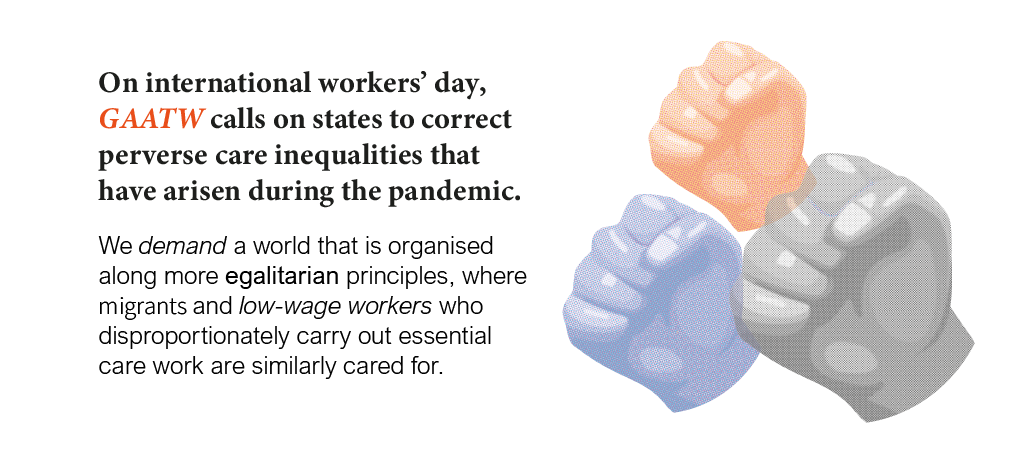Interview: Tenth Anniversary of Anti-Trafficking Review
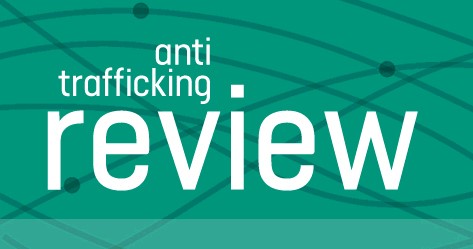
GAATW launched Anti-Trafficking Review - the first open access, peer reviewed journal focusing on human trafficking - in 2011. On the occasion of this tenth anniversary, the journal Editor, Borislav Gerasimov, spoke to three of the women who conceptualised and launched the journal and have continued to support it in various capacities: Bandana Pattanaik, International Coordinator of GAATW, Caroline Robinson, who was working at the time as International Advocacy Officer at GAATW, and Rebecca Napier-Moore who was working at the time as Research Officer. Caroline and Rebecca were part of the editorial team for the first issue, and Rebecca continued as journal Editor through 2016.
Voices and Participation of Victims, Survivors and Workers: Reflections on World Day Against Trafficking in Persons
Bandana Pattanaik
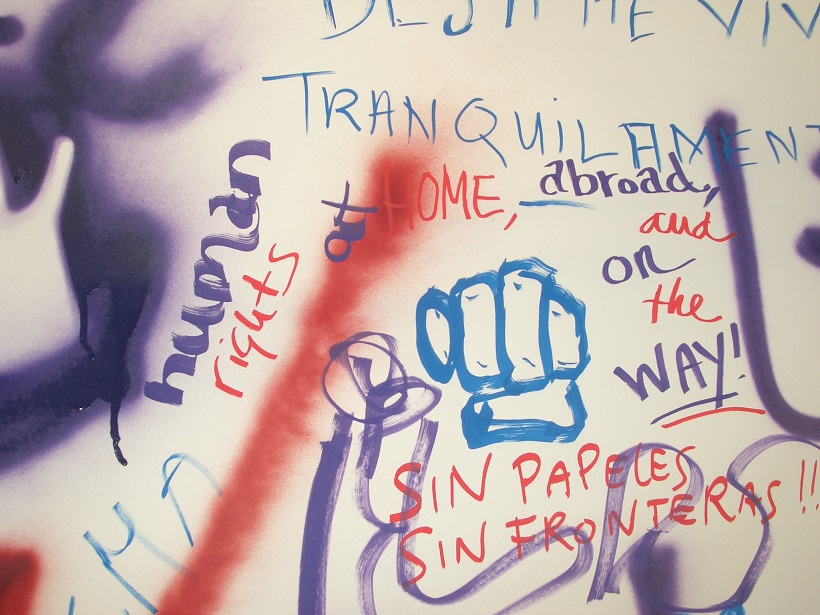 Listening to the lived experiences of trafficked persons and incorporating their feedback in anti-trafficking initiatives have always been a practice among many GAATW members. The International Secretariat has also taken a number of steps over the years to ensure that state and non-state actors consult trafficked persons while planning their anti-trafficking work.
Listening to the lived experiences of trafficked persons and incorporating their feedback in anti-trafficking initiatives have always been a practice among many GAATW members. The International Secretariat has also taken a number of steps over the years to ensure that state and non-state actors consult trafficked persons while planning their anti-trafficking work.
However, this is work in progress. While organising survivor-testimony sessions and seeking their input on assistance measures are not difficult, ensuring their participation in all aspects of anti-trafficking work is fraught with many barriers. On this World Day Against Trafficking in Persons, I would like to reflect on our work to centre the voices and concerns of survivors and suggest ways to make it better.
I remember a consultation organised by GAATW, AWHRC (Asian Women’s Human Rights Council), SANGRAM (a sex workers’ support group based in Kolhapur, India) and VAMP (a sex workers’ collective based in Sangli, India) in March 1999. It had brought together organised and individual trafficked persons, organised sex workers, academics and activists from Bangladesh, China, Cambodia, India, Nepal, Philippines, Thailand and Taiwan.
GAATW Statement at Multi-Stakeholder Hearing on Global Plan of Action
Oral statement by the Global Alliance Against Traffic in Women (GAATW) for Panel 1 of the UN Multi-stakeholder Hearing on Trafficking in Persons, “The Global Plan of Action and enduring trafficking issues and gaps”, 13 July 2021
Delivered by: María Emilia Cebrián
Madam Vice-President, Distinguished Delegates, Ladies and Gentlemen,
The present statement addresses the following guiding questions, as per suggested in the concept note for the Multi-stakeholder Hearing on Trafficking in Persons:
- How should understanding the root causes of trafficking in persons inform coordinated efforts to respond?
- How can we provide greater international protection and support for survivors of trafficking in persons?
The Global Alliance Against Traffic in Women (GAATW) welcomes the recognition by States Parties of human trafficking as a serious crime and a human rights violation, and for their commitment to addressing trafficking through the Global Plan of Action to Combat Trafficking in Persons. In the past two decades, almost every country in the world has introduced legal mechanisms and practical measures to address human trafficking. Yet, we are very far from ending trafficking and exploitation. Therefore, it is imperative for us all now to reflect on the challenges in this work and broaden the scope of anti-trafficking measures.
Who Cares for Our Workers?
On this International Workers Day, the Global Alliance Against Traffic in Women (GAATW) would like to take a moment to honour the legions of workers who have helped us tide through a year of unsettling crisis.
During the pandemic, our physical, health, nutritional and even emotional needs are met by a constantly available stream of workers who care for us—including domestic workers, cooks, childcarers, home tutors, to workers who continue to churn out essential household goods—many of whom are low-wage, migrant workers. Many of these workers, in their ceaseless provision of care for us during the pandemic, have no equivalent “caring” services at their disposal.
Feminist Fridays: Conversations about Labour Migration from a Feminist Lens / Viernes feministas: Conversaciones sobre la migración laboral desde una perspectiva feminista
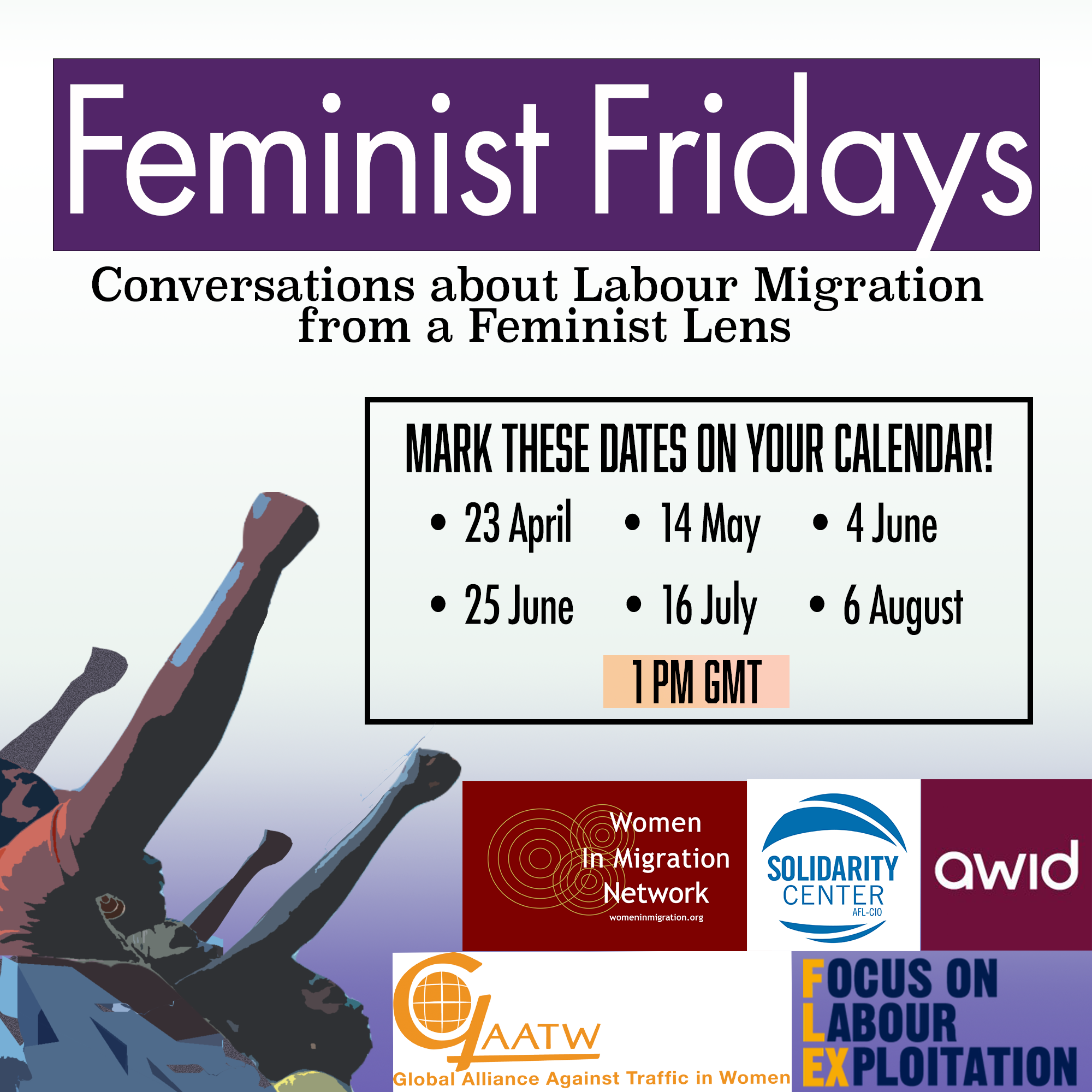
Abajo en español Bahasa Indonesia
Feminist Fridays: Conversations about Labour Migration from a Feminist Lens is a collaborative initiative of Association for Women’s Rights in Development (AWID), Focus on Labour Exploitation (FLEX), Global Alliance Against Traffic in Women (GAATW), Solidarity Center, and Women in Migration Network (WIMN).
During the course of six sessions, we will think through complex issues and build/share knowledge and learn from each other. We will start with a discussion on ‘what is a feminist lens on labour migration’ and will move on to feminist research, advocacy, organising and media. The final session will be on imagining feminist futures on labour migration. Panellists will come from academia, NGOs including migrant worker led organisations, trade unions and media.
A Woman's Place is in the Resistance
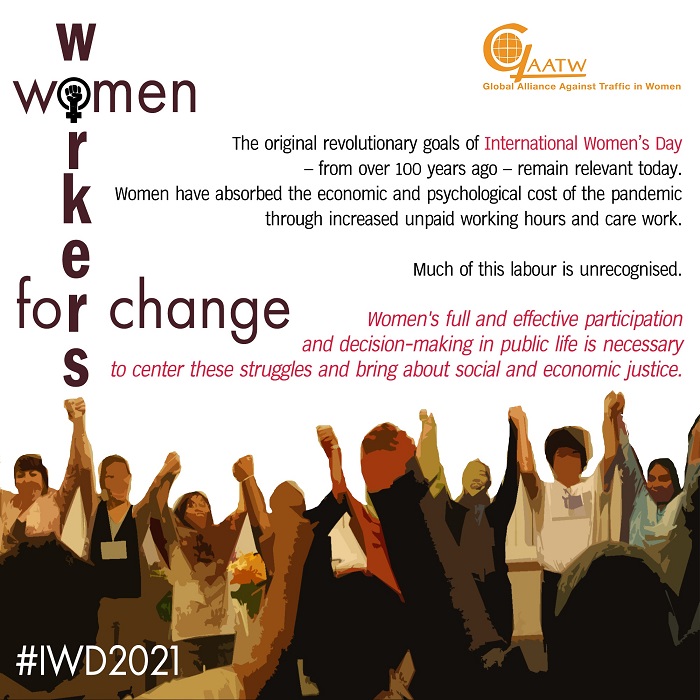
We are celebrating International Women’s Day in the midst of a deadly pandemic and major threats to human rights and freedom. For every one of these challenges, women have been at the forefront of the resistance.
From the ‘Wall of Moms’ in Portland, USA protesting against racial injustice and police brutality, to the ‘Women in White’ of Belarus demanding free and fair elections; from the demonstrations against the coup in Myanmar and for democratic reforms in Thailand to those to #EndSars in Nigeria; from the movements for a new constitution in Chile and for legal abortion in Argentina to those against the Citizenship Act and the Farmer’s Bill in India, women are showing that they will no longer put up with violence, injustice, oppression and despotism.
Global Call for Translators and Interpreters
Deadline: n/a. This is an ongoing call to roster
The International Secretariat of the Global Alliance Against Traffic in Women (GAATW-IS) is inviting translators and interpreters to roster their services for short term assignments.
1. About the Global Alliance Against Traffic in Women (GAATW)
The Global Alliance Against Traffic in Women (GAATW) is an Alliance of more than 80 non-governmental organisations from Africa, Asia, Europe, Latin America and North America. The Alliance promotes and defends the human rights of all migrants and their families against the background of an increasingly globalised labour market.
GAATW sees the phenomenon of human trafficking intrinsically embedded in the context of migration for the purpose of labour and calls for safety standards for migrant workers in the process of migration, and in the formal and informal work sectors - garment and food processing, agriculture and farming, domestic work, sex work - where slavery-like conditions and practices exist.
GAATW prioritises the value of experiential knowledge and the role that community-based organisations and women themselves can play in creating new knowledge about and fresh insights into issues affecting women’s lives, including migration and work. Such feminist knowledge is crucial in evaluating the effectiveness of existing labour migration regimes, and advocating for labour migration and anti-trafficking policies that protect the rights of women.
The COVID-19 Crisis is a Wake-up Call to Rethink the World of Work
Statement by the Global Alliance Against Traffic in Women on the occasion of International Workers' Day
This year we are celebrating International Workers’ Day in the midst of a global pandemic. A virus ten-thousandth of a millimetre in diameter has turned everyone’s lives upside down. At the time of writing, the novel corona virus or COVID-19, as it has come to be known, has claimed almost 230,000 lives and infected more than 3 million people. The number is still growing, healthcare systems are struggling to cope with the impact and an economic recession is just round the corner. The pandemic has rendered billions of people jobless, homeless and without food security. According to an ILO estimate, full or partial lockdown measures affect almost 2.7 billion workers, representing around 81 per cent of the world’s workforce.
As we grapple with the evolving situation, a few things are clear: this virus has exposed the stark inequalities in our societies and the abysmal scenario in the world of work. It is clear, if ever there was any doubt, that most governments have prioritised profit over people. It is perhaps not surprising that discrimination and structural violence towards care workers, migrants in low-paid jobs and workers in the informal economy are seen even in the COVID-19 containment measures. Indeed, the lingering images over the last several weeks are of the exodus of migrant workers from cities under lockdown, stranded workers huddled up in makeshift accommodations queuing up for food, workers harassed by law enforcement, women facing violence in their homes and farmers with their wasted harvest and unsold produce.

